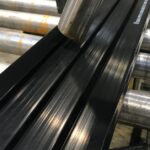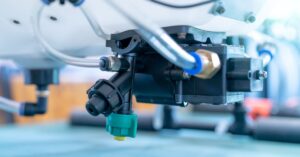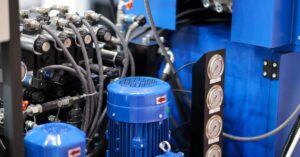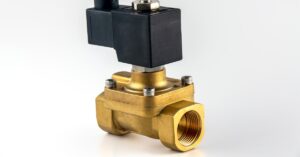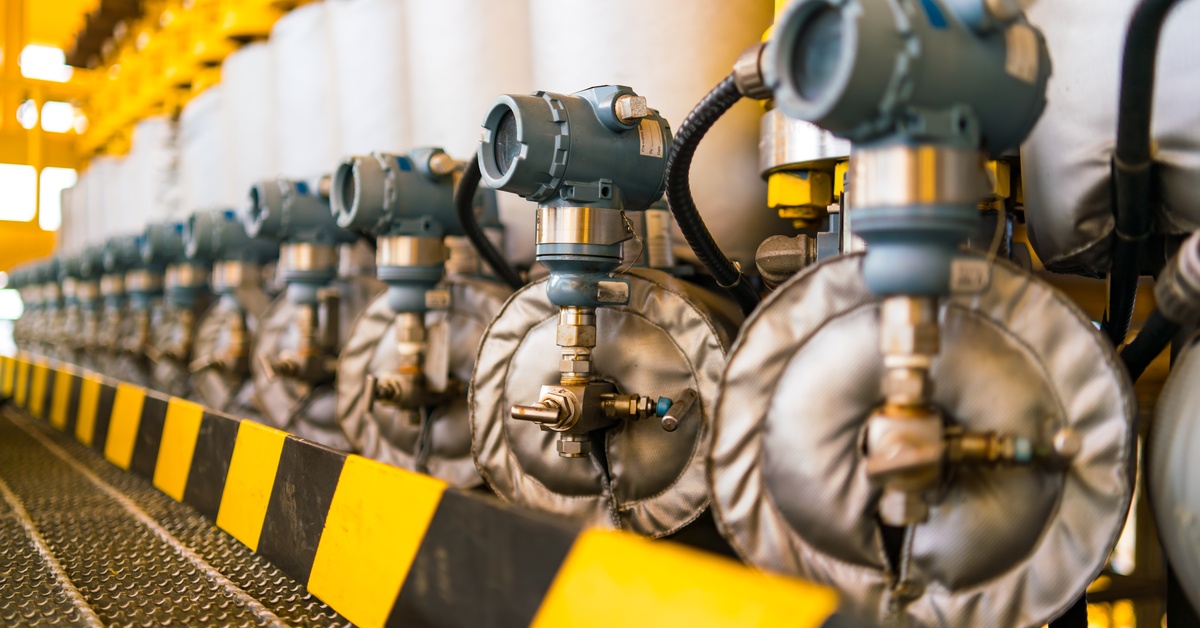
A single spark could trigger a dangerous event. Explosion-proof solenoid valves protect critical systems in hazardous environments. Oil and gas, chemical processing, and heavy manufacturing companies rely on the valves’ rugged design to keep operations running without compromising safety.
The engineering behind these valves focuses on containing potential ignition sources while still delivering consistent performance in extreme conditions. Businesses must understand how certification standards, environmental conditions, and materials influence the performance and service life of each unit.
Explosion-Proof Valve Design Standards
Explosion-proof design prevents internal faults from igniting surrounding flammable gases, vapors, or dust. Engineers achieve ignition resistance by creating enclosures that contain any possible ignition event and dissipate the heat before it reaches external hazardous atmospheres. One important thing to know about explosion-proof solenoid valves is that every enclosure must meet certification requirements that prove that it can withstand internal explosions without failing.
Various standards—including ATEX, IECEx, and UL—specify test procedures, acceptable materials, and performance thresholds. Businesses operating across multiple regions must verify that a single valve model satisfies each applicable certification to avoid costly retrofits or downtime. Integrate compliance checks early in the design and procurement process to help teams reduce incompatibility risks or the presence of uncertified components.
Understanding the distinction between explosion-proof and intrinsically safe designs helps decision-makers select the proper solution for each application. Explosion-proof valves contain ignition sources, while intrinsically safe devices limit energy levels so ignition cannot occur. Both approaches are valuable, but the appropriate choice depends on environmental conditions, system architecture, and industry-specific guidelines.
How Operating Environments Influence Valve Selection
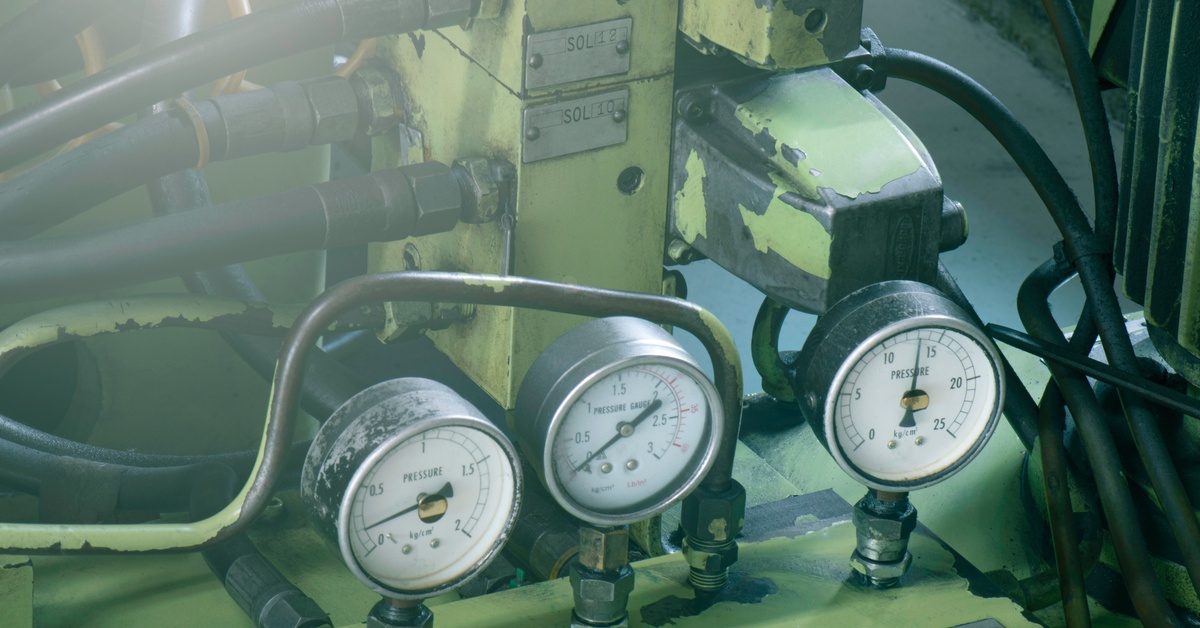
Operating environments directly impact how an explosion-proof solenoid valve performs over its service life. High ambient temperatures, exposure to corrosive chemicals, or constant vibration can degrade seals, wiring, and housings faster than in controlled conditions. Another thing to know about explosion-proof solenoid valves is that environmental stressors can determine whether a component meets performance expectations or fails prematurely.
For example, valves used in offshore drilling platforms must withstand saltwater spray, fluctuating temperatures, and mechanical stress from constant equipment movement. In contrast, a chemical processing facility may demand materials that resist aggressive solvents and maintain integrity despite continuous high-pressure operation. Matching component design to the realities of the application prevents unexpected maintenance issues.
Enclosure ratings, such as NEMA and IP classifications, indicate how well a valve resists dust, water ingress, and other environmental threats. Selecting a rating that exceeds baseline requirements adds a margin of safety and reduces unplanned outages. When teams evaluate performance needs, they must consider both explosion-proof certification and enclosure protection to ensure long-term reliability.
Materials and Construction for Hazardous Locations
Housing materials play a decisive role in valve durability, especially in corrosive or abrasive environments. Stainless steel offers excellent corrosion resistance for marine and chemical applications, while brass may suit less aggressive conditions. Specialized alloys provide additional strength and resist wear in high-pressure, high-temperature operations.
Sealing systems and gasket materials protect internal mechanisms from hazardous dust, vapor, and liquid. Seals made from fluoropolymers and other advanced compounds extend service intervals and improve performance in chemically harsh locations.
Machining precision also matters; tight tolerances reduce leak risks and improve operational stability under demanding conditions.
In industries like petrochemical production or defense manufacturing, component integrity under stress can directly affect safety. Using materials with proven resistance to environmental and mechanical stress reduces the likelihood of catastrophic failure. Procurement teams should request detailed material specifications and test data to verify suitability before approving a design for production or deployment.
Electrical Specifications and Performance Characteristics
Electrical characteristics define how an explosion-proof solenoid valve integrates into a system. Voltage requirements must match available power sources. Coil insulation class dictates how much heat the unit can safely handle during extended operation. Fast response times can improve process efficiency in applications where precise flow control is critical.
Coil temperature rise and duty cycle ratings influence the valve’s reliability. Overheating can shorten coil lifespan; this is especially likely when equipment operates continuously and the heat has less time to dissipate. Choosing coils with appropriate insulation classes and thermal limits minimizes maintenance needs and equipment failure.
At Solenoid Systems, we provide proportional solenoids for businesses that require precise control in hazardous or specialized environments. Our engineering team customizes performance characteristics to meet unique industry requirements, from military-grade durability to fine-tuned responsiveness for medical applications. We align electrical specifications with operational needs and help clients maintain safe, reliable systems.
Maintenance, Inspection, and Regulatory Compliance
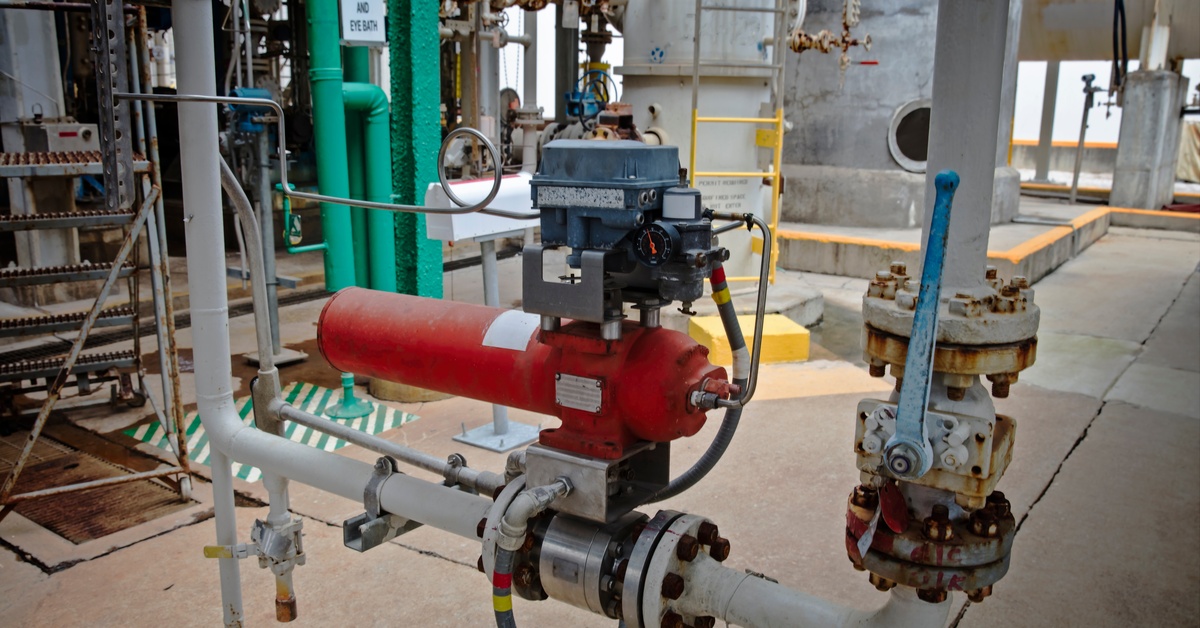
Routine inspections maintain both safety and compliance for explosion-proof solenoid valves. Technicians should examine seals, enclosures, and wiring to detect signs of wear or damage before they escalate into failures. Scheduling inspections based on operational intensity rather than arbitrary intervals maximizes equipment lifespan and efficiency.
Regulatory compliance often requires documented testing and certification renewals. Industries like oil and gas face strict oversight, so maintaining accurate records of all inspections and repairs helps streamline audits. Comprehensive maintenance logs also allow teams to identify recurring issues and adjust component selection accordingly.
Efficient service in hazardous areas demands tools and processes designed for those conditions. Non-sparking tools, lockout-tagout procedures, and specialized cleaning agents protect both personnel and equipment during maintenance. Adhering to best practices reduces risks and supports uninterrupted operations in critical facilities.
Custom Engineering and Solutions
Custom engineering tailors explosion-proof solenoid valves to meet the specifications of an industry’s demands. Adjusting voltage ranges, flow rates, and port configurations allows a valve to integrate seamlessly into existing systems. Design modifications can address space constraints, hazard profiles, or compatibility with specialized control equipment.
Experienced manufacturers collaborate with clients to develop prototypes that undergo rigorous testing before full-scale production. Prototyping identifies performance gaps, so manufacturers can refine the design and prevent disrupting current operations. By investing in the prototyping stage, businesses gain confidence that the final product will perform as intended under real-world conditions.
Industries such as aerospace, marine, and high-risk manufacturing benefit from bespoke solutions that account for every operational variable. Working with partners who understand both regulatory requirements and complex engineering challenges reduces lead times and enhances system performance. The result is a valve that not only meets certification standards but also optimizes safety, efficiency, and operational reliability.
Explosion-proof solenoid valves require precise engineering, material selection, and application matching to operate safely in hazardous environments. Performance depends on understanding certification standards, environmental challenges, and specific system requirements.
Partnering with an experienced manufacturer allows businesses to align technical specifications with operational goals. Contact Solenoid Systems to discuss how our solenoid expertise can support your projects with precision and reliability.

